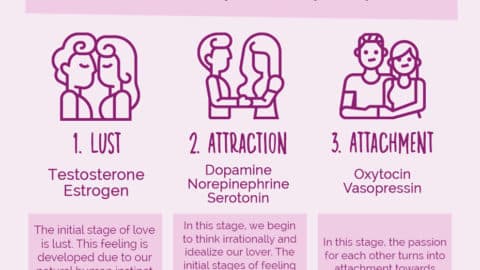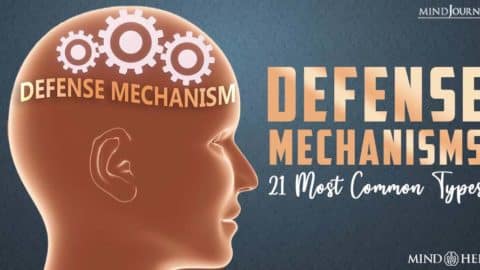- Research shows that middle-aged women lose their ability to cope with stress—mostly after the age of 40.
- This lack of stress resilience has been linked to the development of mental health conditions like PTSD and memory disorders in the advancing years.
Do Middle-Aged Women Lose Their Ability To Cope With Stress?
Middle age can be a challenging phase of life, characterized by various physical and psychological changes. One area of concern is the mid-life mental health crisis in women, especially when it comes to stress resilience.
Research reveals that 49% of middle-aged women experience an increase in work- or home- -related stress by a whopping 20–40%. This not only endangers their mental health but also increases their vulnerability to severe mental health disorders like long-term depression, PTSD, anxiety and memory disorders, etc.
Lorraine Candy, the co-host of the Postcards from Midlife podcast and author of What’s Wrong With me? 101 Things Midlife Women Need to Know, took to The Guardian to elaborate on why middle-aged women lose their ability to cope with stress.
She wrote: “For an army of midlife women the turmoil of this life stage often inexplicably whips away our ability to deal with difficult situations overnight, from the simplest family problems to the biggest career dilemmas. Any amount of stress seems to overwhelm us … Again and again, women over the age of 40 told me they, too, had been ambushed by a sudden inability to deal with stress. Yet it’s something we rarely talk about.”
Reasons Behind Mid-Life Mental Health Crisis In Women
Studies over the years have shown that several factors influence the mental health of middle-aged women and their ability to cope with stress. Middle-aged women experience hormonal changes during menopause, leading to mood swings, anxiety, and depression that hinder effective stress management.
Additionally, significant life transitions like empty nest syndrome, aging parents, career changes, and societal pressure to fulfill multiple roles can contribute to heightened stress levels. The accumulation of various life stressors such as financial pressures, relationship issues, and health concerns further impacts mental well-being, emphasizing the need for effective coping mechanisms.
Strengthening Stress Resilience In Middle-Aged Women
Middle-aged women can enhance their stress management and resilience through various strategies. Prioritizing self-care by engaging in activities like exercise, meditation, hobbies, and spending time with loved ones can reduce stress levels.
Building a strong social support network with trusted friends and family members provides a sense of belonging and support. Recognizing signs of excessive stress and seeking professional help when needed allows for effective guidance, therapy, and medication if necessary.
Developing coping strategies—such as problem-solving skills, cognitive reframing, assertiveness training, and time management—to increase stress resilience in middle-aged women can help them better navigate through stressors.
Adopting a healthy lifestyle through regular exercise, balanced nutrition, adequate sleep, and stress-reducing activities promotes overall resilience. Finally, engaging in mindfulness-based practices like mindfulness meditation or yoga fosters present-moment awareness, emotional regulation, and relaxation, enhancing stress resilience in middle-aged women.
Know More About –
Related Articles –
- 5 Common Ways People Respond To Stress: Whats Your Stress Response Style?
- 7 Stress Personality Types: Is Your Personality Stressing You Out?
- What is This Increased Stress Many of Us are Experiencing?





